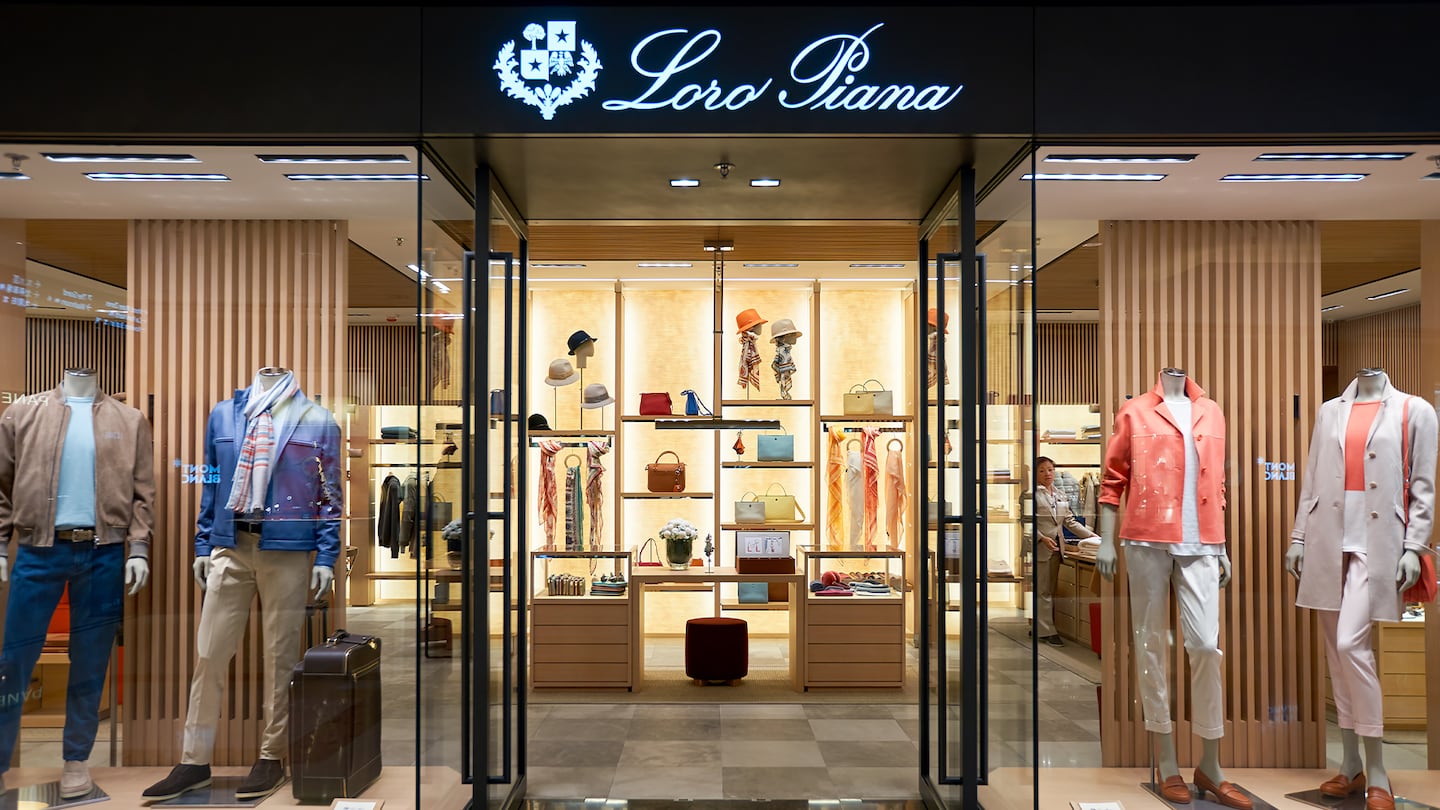The Business of Fashion
Agenda-setting intelligence, analysis and advice for the global fashion community.
Agenda-setting intelligence, analysis and advice for the global fashion community.

A US lawmaker wants Loro Piana to answer for what he sees as the “exploitation” of Indigenous workers providing raw materials for the Italian fashion house’s trademark luxury sweaters.
The company, a subsidiary of LVMH Moët Hennessy Louis Vuitton SE, has been making garments out of wool from vicuñas — big-eyed, golden-brown animals native to the Andes — for three decades, selling them for thousands of dollars each.
But a Bloomberg Businessweek report last week detailed how the trade has failed to improve the livelihoods of some of Peru’s poorest citizens, who share territory with the vicuña and shear the animals for Loro Piana.
“This seems to me as clearly exploitation and it is a huge multinational corporation that is owned by some of the wealthiest people in the world,” Congressman Robert Garcia said in an interview. “Seeing no benefit coming down to the immense labour that is happening here I think is really concerning.”
ADVERTISEMENT
Garcia sent a letter Friday to Loro Piana Chairman Antoine Arnault and chief executive Damien Bertrand demanding the company provide written answers to Congress by the end of April. Arnault is the son of Bernard Arnault, who controls LVMH and is currently the world’s richest person, according to the Bloomberg Billionaires Index.
“Despite the success of Loro Piana, the Indigenous people of this region remain deeply impoverished,” Garcia wrote in the letter, a copy of which was seen by Bloomberg. “This is little evidence the benefits of the return of vicuñas population has trickled down to those it should be benefiting most.”
Asked about the congressman’s letter, Loro Piana noted it has worked to help preserve the vicuña population for three decades. “We have also increased our investments in irrigation, education, and infrastructures in Peru over the past years, and we are committed to dedicating additional resources to benefit local populations going forward,” the company said in an emailed statement.
The comments mark the first time the company has addressed the story since its publication. It has also stopped updating its social media accounts, such as Instagram, where hundreds of users have criticised its practices.
By Marcelo Rochabrun
Learn more:
Loro Piana’s $9,000 Sweaters Rely on Unpaid Farmers in Peru
Thirty years of providing the world’s finest wool to the fashion house Loro Piana has done almost nothing for the Indigenous people of the Peruvian Andes.
LVMH is part of a group of investors who, together, hold a minority interest in The Business of Fashion. All investors have signed shareholders’ documentation guaranteeing BoF’s complete editorial independence.
The industry needs to ditch its reliance on fossil-fuel-based materials like polyester in order to meet climate targets, according to a new report from Textile Exchange.
Cotton linked to environmental and human rights abuses in Brazil is leaking into the supply chains of major fashion brands, a new investigation has found, prompting Zara-owner Inditex to send a scathing rebuke to the industry’s biggest sustainable cotton certifier.
Over the last few years, the run-up to Earth Day has become a marketing frenzy. But a crackdown on greenwashing may be changing the way brands approach their communications strategies.
This week, Sephora announced plans to double down on ‘green’ and ‘clean’ product labels, leaning into an increasingly risky marketing tactic even as a greenwashing crackdown has prompted other brands to pull back.